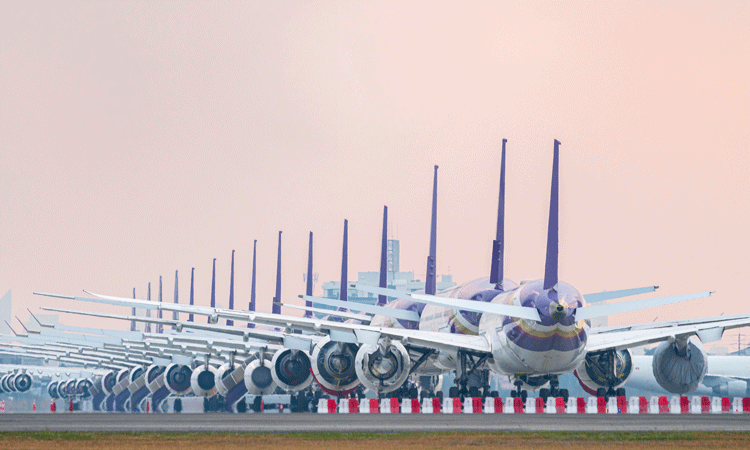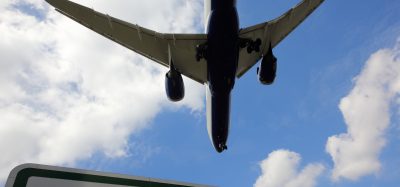Restrictive travel measures will jeopardise aviation industry recovery
- Like
- Digg
- Del
- Tumblr
- VKontakte
- Buffer
- Love This
- Odnoklassniki
- Meneame
- Blogger
- Amazon
- Yahoo Mail
- Gmail
- AOL
- Newsvine
- HackerNews
- Evernote
- MySpace
- Mail.ru
- Viadeo
- Line
- Comments
- Yummly
- SMS
- Viber
- Telegram
- Subscribe
- Skype
- Facebook Messenger
- Kakao
- LiveJournal
- Yammer
- Edgar
- Fintel
- Mix
- Instapaper
- Copy Link
Posted: 25 January 2022 | International Airport Review | No comments yet
Airports Council International Latin America and the Caribbean has suggested that governments should avoid reintroducing strict air travel restrictions, to avoid any further impact to aviation’s recovery.


Airports Council International Latin America and the Caribbean (ACI-LAC) recommends governments avoid reintroducing restrictive air travel measures so as not to jeopardise the recovery of the aviation and tourism industry.
In 2021, the significant progress made on vaccination was accompanied by the elimination of many of the restrictive air travel measures in all countries in our region, translating into a progressive improvement in air traffic recovery. While in January 2021, traffic at Latin American airports represented 45 per cent of the same month in 2019. In November it recovered to 73 per cent.
However, the emergence of the Omicron variant in recent weeks has shown that nothing should be taken for granted and that our recovery path remains fragile. But the extent to which we need to revise our expectations will depend primarily on whether governments take knee-jerk reactions or not. Omicron is fast becoming the dominant variant in most countries and, according to The European Centre for Disease Prevention and Control (ECDC), travel restrictions are ineffective from a public health point of view and highly damaging both economically and socially.
A study by Oxera and Edge Health on the impact of travel restrictions on the spread of variants in the UK, has shown that travel restrictions are ineffective in preventing the spread of a new variant, they can only slightly delay it. Similarly, this study shows that the additional testing requirements put in place by the UK government had no effect in preventing the spread of Omicron, concluding that once a variant is present in a territory, travel restrictions serve no purpose in reducing its transmission.
Countries should continue to apply an evidence-based and risk-based approach when implementing travel measures. Furthermore, the World Health Organization (WHO) does not support the reinstatement of the travel ban. General travel restrictions will not prevent international spread and place a heavy burden on lives and livelihoods. Also, all countries should ensure that measures are regularly reviewed and updated as new evidence on the epidemiological and clinical characteristics of Omicron or any other variant becomes available.
According to Dr. Rafael Echevarne, Director General of ACI-LAC commented: “Air transport has proven to be a safe environment as Latin American airports have been very responsible in implementing all the measures recommended by international organisations to prevent contagion. The best way to combat COVID-19, including all its variants, is through vaccination of the population, proper use of masks, and cleaning protocols. Air transport is fundamental to the economic and social development of our countries, we cannot jeopardise all the important recovery work we have done over the past year.”
Related topics
Airside operations, COVID-19, Economy, Passenger experience and seamless travel, Regulation and Legislation, Terminal operations, Tourism
Related organisations
Airports Council International Latin America & Caribbean (ACI-LAC), Oxera and Edge Health, The European Centre for Disease Prevention and Control (ECDC), World Health Organization (WHO)


















